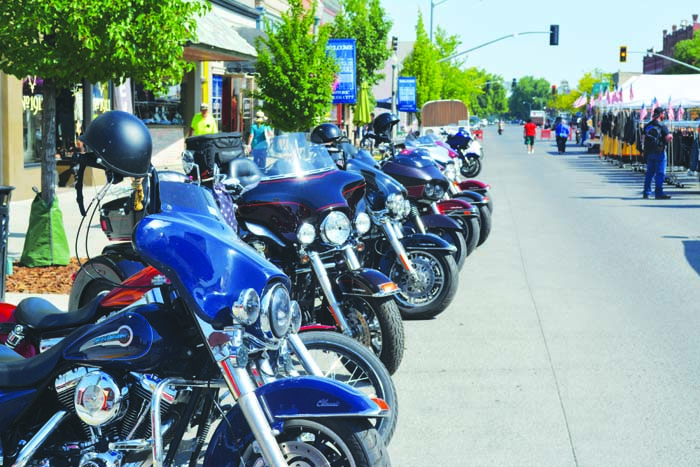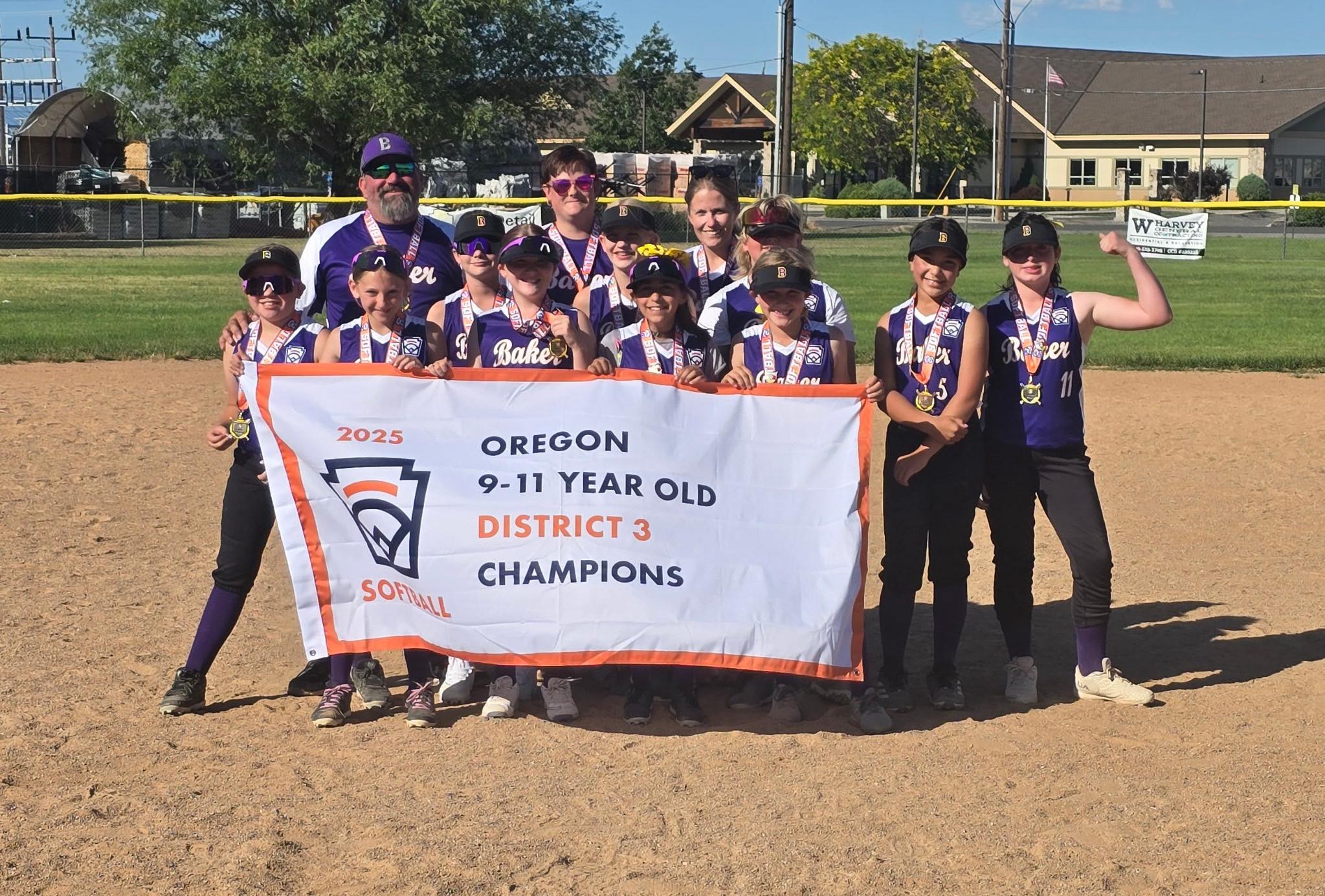COLUMN: On Super Bowl Sunday, remembering the Mosquito Bowl
Published 12:00 pm Friday, February 10, 2023
During the week leading to the Super Bowl I happened to be reading a book about another football game, a game whose players weren’t famous and weren’t paid and many of whom were dead six months later.
But not because of football.
These players, who competed in a game where there no TV cameras or commercials, no betting odds (although there were wagers) and none of the other hoopla that has made the Super Bowl an unofficial national holiday, were killed fighting for America during the latter stage of World War II.
The football game was called the Mosquito Bowl.
That’s also the title of Buzz Bissinger’s fine 2022 book about this game and the U.S. Marines who played in it on Christmas Eve 1944.
The setting could scarcely have been different not only from the Super Bowl (which wouldn’t come along for another 22 years), but even from the college games that many of these Marines had played in before they joined the millions of others who helped win this worst of all wars.
The teams — one side made up from the 4th Marine Regiment, the other from the 29th Regiment, a total of 65 players — assembled on a field littered with dirt and pebbles and sharp shards of coral that bloodied many of the players during the two-hour contest.
There was no well-tended, closely cropped grass on Guadalcanal, part of the Solomon Islands in the South Pacific.
No end zones painted with the team’s name and a fancy mascot.
Certainly there was no artificial turf.
Americans, and primarily Marines, had captured the island from the Japanese in February 1943, the first major leap in the island-hopping campaign in the South Pacific. That series of battles, in which Americans died in numbers that by today’s standards seem more medieval than modern, happened in places previously all but unknown but which continue, many decades later, to represent the horrors of war.
Tarawa. Saipan. Tinian. Iwo Jima.
In late 1944 the Marines, including those who played in the Mosquito Bowl, were preparing for the next phases in this effort for which even minor atolls could be won only at the expense of hundreds or thousands of American lives.
In particular they were training for the biggest, and the most terrible, of those campaigns — the battle for Okinawa from April 1 through June 22, 1945.
By the end of that battle, about 12,000 American Marines and soldiers were dead. That tally included more than a dozen of the competitors who donned makeshift uniforms for the Mosquito Bowl. Another 20 or so of the players were wounded.
Bissinger put that toll into context in the prologue to his book.
“It was by far the largest collection of athletes ever to die in a single battle.”
The Mosquito Bowl was not an impromptu game pitting players whose greatest achievements had been scoring a game-winning touchdown in a high school game in a one-stoplight town.
Among the players from the two regiments were All-Americans and other stars from top schools such as Notre Dame, Illinois, Purdue, Wisconsin and Michigan State.
Bissinger writes that if the two teams who competed in the Mosquito Bowl were merged into one, that squad “would not only have posed a challenge to any National Football League franchise, with proper training it most likely would have beaten most of them, as the aggregate included sixteen players who had already been drafted by pro football or would receive offers.”
It is, from our modern perspective, inconceivable to imagine such a collection of talented former college football players risking their lives in the jungles of the South Pacific rather than earning exorbitant salaries.
But it was a different era, in multiple ways. Professional football was nothing like the cultural and economic behemoth it has been for the past 50 years or so. Most of the top college players never played in the NFL. And those who did typically had second jobs, so modest were the salaries. And of course there was a war going on in 1944. A war that, fortunately, we haven’t seen the likes of in the ensuing eight decades.
Bissinger’s other books include the excellent “Friday Night Lights,” an account of a Texas high school football team’s season in 1988, so my expectations for “The Mosquito Bowl” were elevated.
Bissinger did not disappoint.
While “Friday Night Lights” is a definitive account of how a town’s very attitude is entwined with the fate of its high school’s football team, “The Mosquito Bowl” is a testament to how this sport — indeed, how a single game — can briefly block out the horror of war.
For many of the 65 Marines, and perhaps even all of them, the Mosquito Bowl was the last football game they would have played no matter what happened later, at Okinawa. But it was painful to imagine, as I made my way through the chapters, how many of those men never had a chance to toss a football around with a child or grandchild as they surely would have done had they lived to die a natural death.
Who never had a child at all.
The contrast between these two football games — the long ago and little known Mosquito Bowl, and the national spectacle that is the annual Super Bowl — is so stark that it’s hard to avoid indulging in cliché.
It’s easy to compare the purity of the game the Marines played on that Christmas Eve with the sometimes absurd fascination we have with the Super Bowl, an event that for millions is more notable for its commercials and its halftime musical performance than for the game itself.
Yet as I was reading Bissinger’s book a different link between these games, separated by so many years and so many miles, kept occurring to me.
The Marines who took to that rough field on Guadalcanal, so soon to face machine gun fire and artillery bombardments, were there to defend their country, and all those things which made it a great one. Including, although it hardly compares with, say, the Bill of Rights, the American obsession with competitive sports.
I’d like to believe that those Marines — who, by the way, played to a 0-0 tie — would appreciate what has happened to their beloved sport.
That they would, even as they were astounded by the salaries and the sprawling stadiums and the nonstop TV coverage, recognize that although they fought and died for far more important principles, they were also defending such seeming trivialities as the privilege of playing, or watching, a football game.
The Super Bowl is a trifle silly, to be sure.
But I believe that only in a country that is fundamentally free, and is defended by people who are willing to sacrifice themselves for that freedom, can something as unimportant as a game be elevated to such a status.
The spirit of the Mosquito Bowl, and the Marines who ran and tackled and sweated in the unrelenting tropical humidity 78 years ago, lives.








